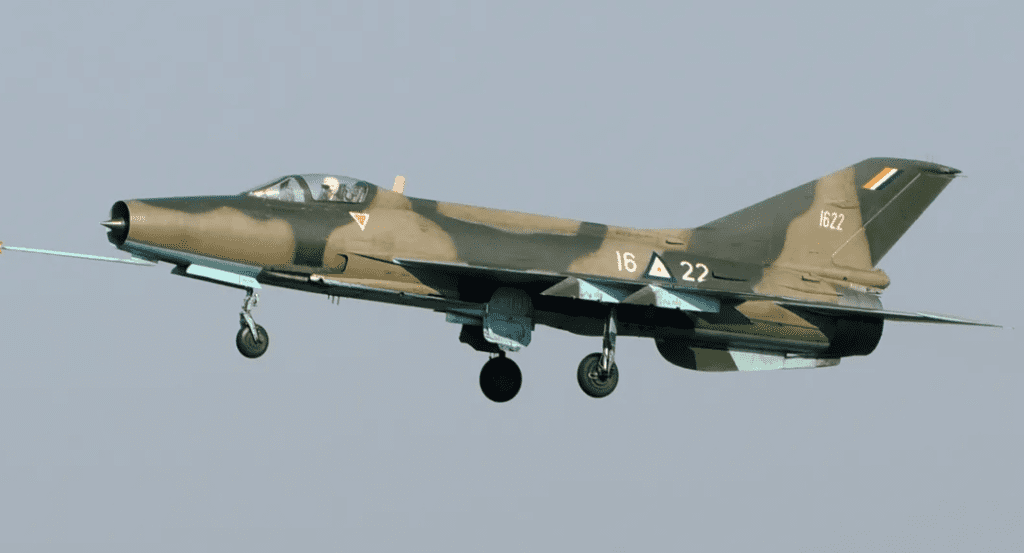The Nigerian government has pledged to investigate an airstrike in Sokoto State that resulted in the death of civilians, amid widespread condemnation and calls for accountability. The incident, which occurred in the Tureta area, has drawn significant attention from human rights groups and the public, with varying accounts of what transpired.
On December 26, a military operation targeting suspected terrorist hideouts in Tureta reportedly led to the deaths of at least 10 civilians, according to local sources. The Defence Headquarters (DHQ), however, stated that the casualties were caused by a secondary explosion from a terrorist ammunition depot that was struck during the operation, not the airstrike itself.
The DHQ has also reiterated its stance on zero tolerance for collateral damage, emphasizing that all military operations are carefully planned to minimize harm to civilians.
Public and Organizational Responses
The Muslim Rights Concern (MURIC) has called for the immediate prosecution of the personnel involved in the airstrike, describing the incident as a gross violation of human rights. MURIC urged the government to ensure transparency in its investigation and provide justice for the victims.
Meanwhile, the DHQ has warned communities against harboring terrorists, emphasizing that doing so poses risks to their safety. They reiterated the military’s commitment to eradicating terrorism in the region while urging residents to cooperate with security forces by providing intelligence.
Government’s Position
The federal government has expressed regret over the loss of civilian lives and assured the public of a thorough investigation. A statement from the presidency emphasized the importance of balancing the fight against terrorism with the protection of civilian lives.
The Sokoto State government has also set up a committee to liaise with the federal authorities and the affected families to ensure adequate support and compensation.
Broader Implications
This incident underscores the complexities of counter-terrorism operations in Nigeria, particularly in regions plagued by banditry and insurgency. Human rights advocates have called for stricter measures to prevent civilian casualties, including enhanced intelligence gathering and the use of precision-guided weaponry.
The Sokoto airstrike has reignited debates about the accountability of security forces and the need for adherence to international laws governing armed conflict.
As the investigation unfolds, both domestic and international observers are keenly watching how the Nigerian government addresses the issue. Ensuring justice for the victims while maintaining public trust in military operations remains a critical challenge for the authorities.




















